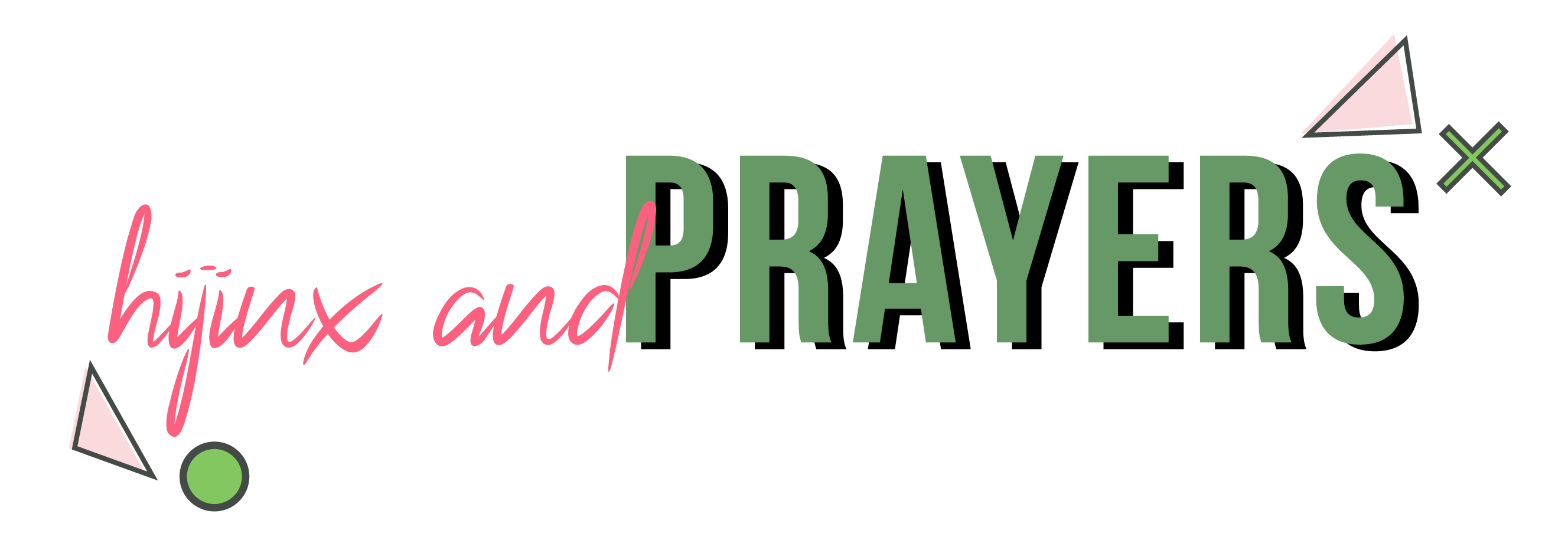Breastfeeding is Innocenti
On August 1, 1990, the Innocenti Declaration on the Protection, Promotion and Support of Breastfeeding was produced and adopted by participants at the WHO/UNICEF policymakers’ meeting on “Breastfeeding in the 1990s: A Global Initiative.”
This declaration in recognizing the right of the infant to nutritious food (breastmilk) declared that “all women should be enabled to practice exclusive breastfeeding and all infants should be fed exclusively on breastmilk from birth to 4-6 months of age.”
To commemorate the Innocenti Declaration, World Breastfeeding Week is celebrated every year from August 1-7 to encourage breastfeeding and improve the health of babies.

Image by mcmurryjulie from Pixabay
Breastfeeding is the best way to provide infants with the nutrients they need. WHO recommends exclusive breastfeeding starting within one hour after birth until a baby is 6 months old. Nutritious complementary foods should then be added while continuing to breastfeed for up to 2 years or beyond.
With that being said, allow me to share with you a few facts on breastfeeding from the WHO.
- Breast-feeding for the first six months is crucial. Infants should be exclusively breastfed for the first six months of life. Thereafter, they should receive nutritionally complementary foods while continuing to be breasted until age two (or twelve, no judgement here) .
- Breastfeeding protects infants from childhood illnesses. Breastmilk is safe and contains antibodies that help protect infants from common childhood diseases like diarrhea and pneumonia.
- Breastfeeding prevents ‘accidents’. Exclusive breastfeeding is a natural (98% successful) method of birth control in the first 6 months after birth. It also reduces the risk of postpartum depression.
- Breastfeeding has long-term benefits for children. Adults who were breastfed as babies are less likely to be overweight or obese. They are also less likely to have type-II diabetes and often perform better on intelligence tests.
- Infant formula can be complicated. Besides the sterilization challenges that one is presented with: (sterilize water, sterilize bottle and nibs) or even the potential presence of bacteria in powdered formula (Eeeek!). Formula is expensive and malnutrition may result from over-diluting to “stretch” resources. Breastmilk is affordable, always at the right concentration and the right temperature if you’re blessed enough to express freely.

Photo by Luiza Braun on Unsplash
Although breastfeeding is a natural phenomenon, it’s still a skill that must be taught and can prove to be a challenge to mothers sometimes. Lactation consultants are health professionals who have specialized in the clinical management of breastfeeding. At a visit, the specialist will observe your baby’s appearance and behavior; examine your breasts and your nipples; watch your baby as she’s breastfeeding and adjust your breastfeeding position if need be. This is a service that is covered by most insurances. Most hospitals and birthing centers provide one for expecting mothers but if yours doesn’t, you can locate a lactation consultant on The United States Lactation Consultant Association’s website.

Photo by Dominika Roseclay from Pexels
Sometimes, for one reason or the other, mothers are unable to nurse, or there might be at-risk babies in neonatal intensive care units who need breastmilk but cannot get some. This is where milk banks come in to help. (Think about them as the modern day wet nurses) .
There are two categories of milk banks, the non-profit milk bank which relies on milk donors and the commercial milk banks that pay for milk.
To donate or receive breast milk, contact the Human Milk Banking Association of North America (HMBANA) or LactaLogics, Inc. They have staff on hand to guide you though the screening and collection process. They have international locations too. And before you ask, milk donations are not tax deductible. But you might be able to deduct mileage and breast pump (equipment).
If you’re more interested in selling your milk, there are a few places to do so: Mothers Milk Cooperative, Tiny Treasures Milk Bank and Helping Hands Milk Bank are all places that pay an average of $1 per ounce for breastmilk. Of course there will be an extensive screening process and lab work needing to be done.

Photo by Burst from Pexels
There are quite a few mentions of nursing in the bible but the verse that keeps coming to mind repeatedly is the Psalmist in Psalm 22 where he says :
God, the truth is, you are the one who brought me into this world. You made me feel safe while I was still at my mother’s breasts.
Psalm 22:9 EASY-TO-READ VERSION
I don’t wish to focus on the nursing but more the feeling of safety he felt at his mother’s breasts. That’s all that children need, whether you’re breastfeeding or bottle-feeding, children just need to feel safe and fed. Too often, mothers tend to compare themselves with other mothers; robbing themselves of the joy they should be reveling in at the moment.
I myself have not yet been blessed with my own children but when I do have them I hope that I receive blessings of the breasts and can breastfeed freely and easily. If that doesn’t happen, I hope I’m not too distraught to remember that when it comes to babies, fed is best. So help me God.


About The Writer:
Nana Adowa Bekoe is a praying wife, grateful daughter and a believer of miracles. As a pharmacist, she advises patients and other healthcare professionals on the safe and effective use of medications.
Born and raised in Accra, Ghana; Adowa gained her Doctor of Pharmacy degree from the Philadelphia College of Pharmacy. She is a second generation pharmacist and she is grateful for the life she has and loves to laugh (especially at herself).

More Posts You Might Like!
Welcome!
Welcome,
This blog will be about… no scratch that
Here I will share…
I can’t fill in those blanks, because I don’t know what we’ll be discussing here. What I can say though is “Yayy, you found me!” I and all the voices in my head are truly grateful you’re here

